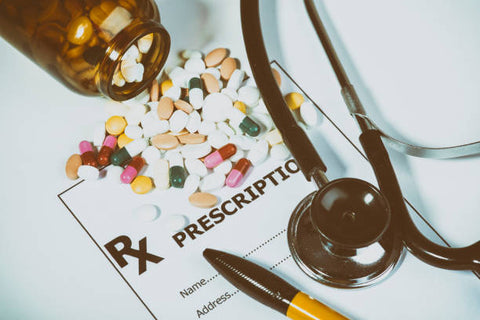The potential side effects of medications can vary widely based on the type of medication and individual responses. However, here are general tips to minimize potential side effects:
-
Follow Prescribed Dosage: Take medications exactly as prescribed by your healthcare provider. Avoid increasing or decreasing dosages without consulting them.
-
Understand Side Effects: Familiarize yourself with the potential side effects of the medication. Common side effects can include nausea, dizziness, headache, or drowsiness.
-
Take with Food or Water: Some medications may cause stomach upset if taken on an empty stomach. Taking them with food or a full glass of water can help reduce stomach irritation.
-
Time of Day: Some medications might be better tolerated when taken at a particular time of day. Follow the instructions provided by your healthcare provider.
-
Inform Your Doctor: Inform your healthcare provider about any allergies, existing medical conditions, or medications you're taking, including over-the-counter drugs and supplements.
-
Be Aware of Interactions: Be cautious about potential drug interactions. Certain medications can interact with each other or with foods, causing adverse effects.
-
Monitor for Side Effects: Keep track of any unusual symptoms or changes after starting a new medication. Report any concerning side effects to your healthcare provider promptly.
-
Don't Abruptly Stop Medication: Consult your doctor before discontinuing a medication, even if you feel better. Abruptly stopping some medications can lead to withdrawal symptoms or a return of symptoms.
-
Store Medications Properly: Store medications according to instructions (e.g., at room temperature, away from sunlight or moisture) to maintain their effectiveness and safety.
-
Seek Medical Attention if Needed: If you experience severe or concerning side effects, seek immediate medical attention. Certain side effects, like allergic reactions or breathing difficulties, may require urgent care.
-
Regular Follow-ups: Attend regular check-ups with your healthcare provider to monitor your progress, discuss any concerns, and adjust treatment plans if necessary.
Always consult your healthcare provider or pharmacist if you have specific concerns about medication side effects or if you experience any unusual symptoms. They can provide guidance on managing side effects and ensure the best course of treatment for your health condition.












